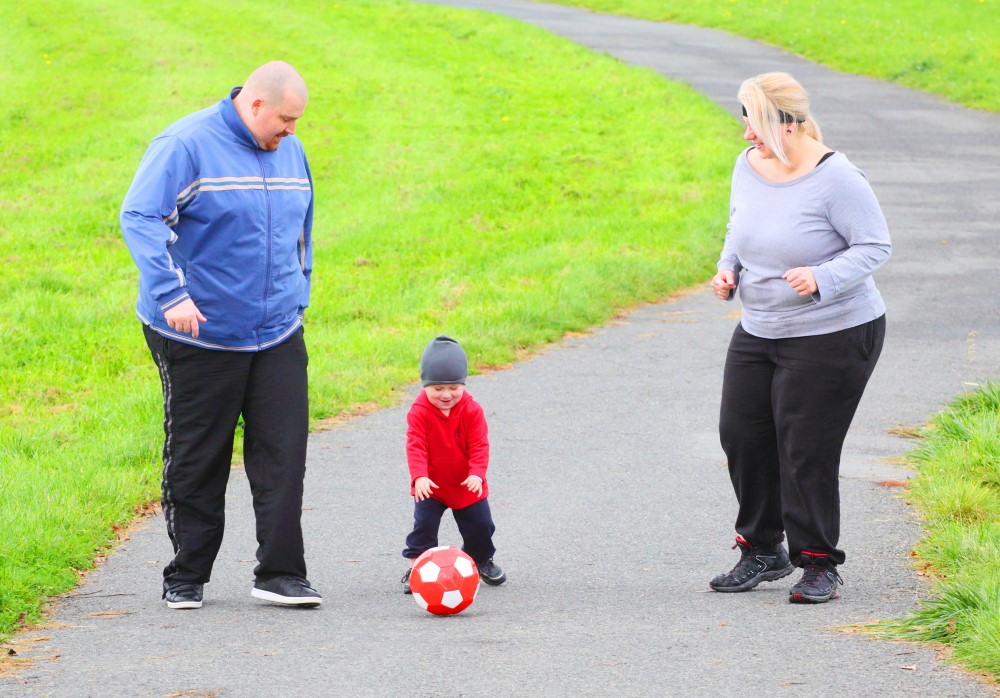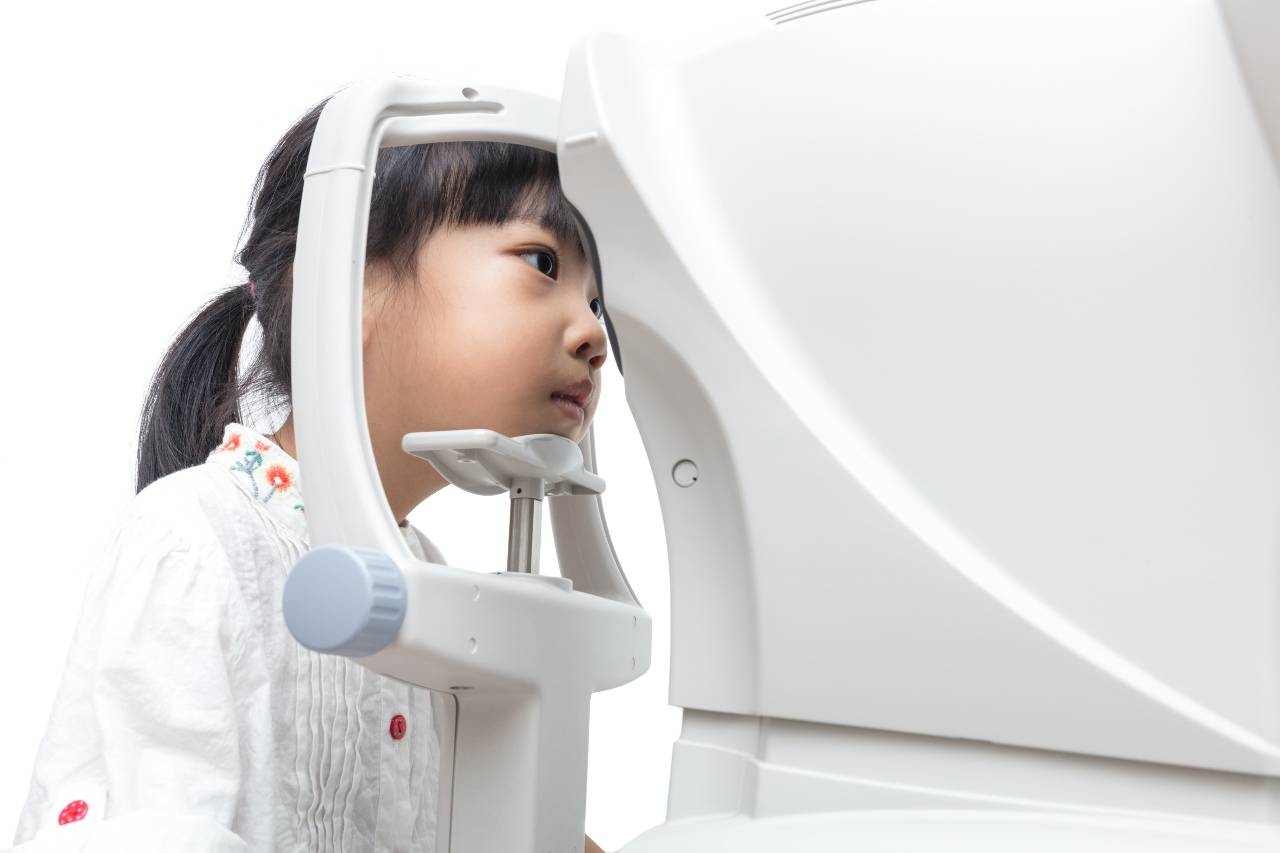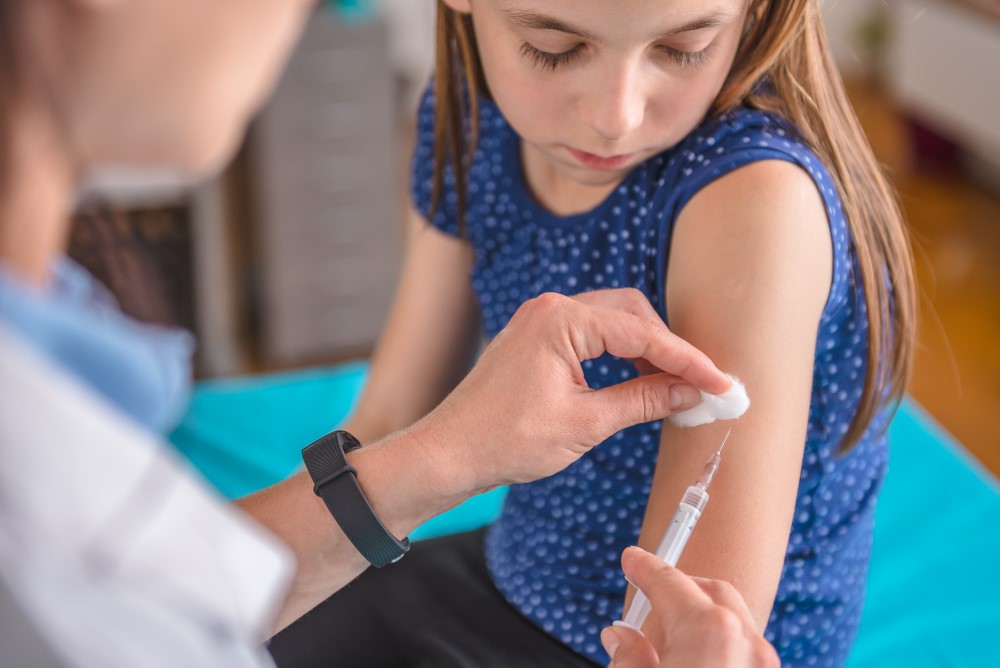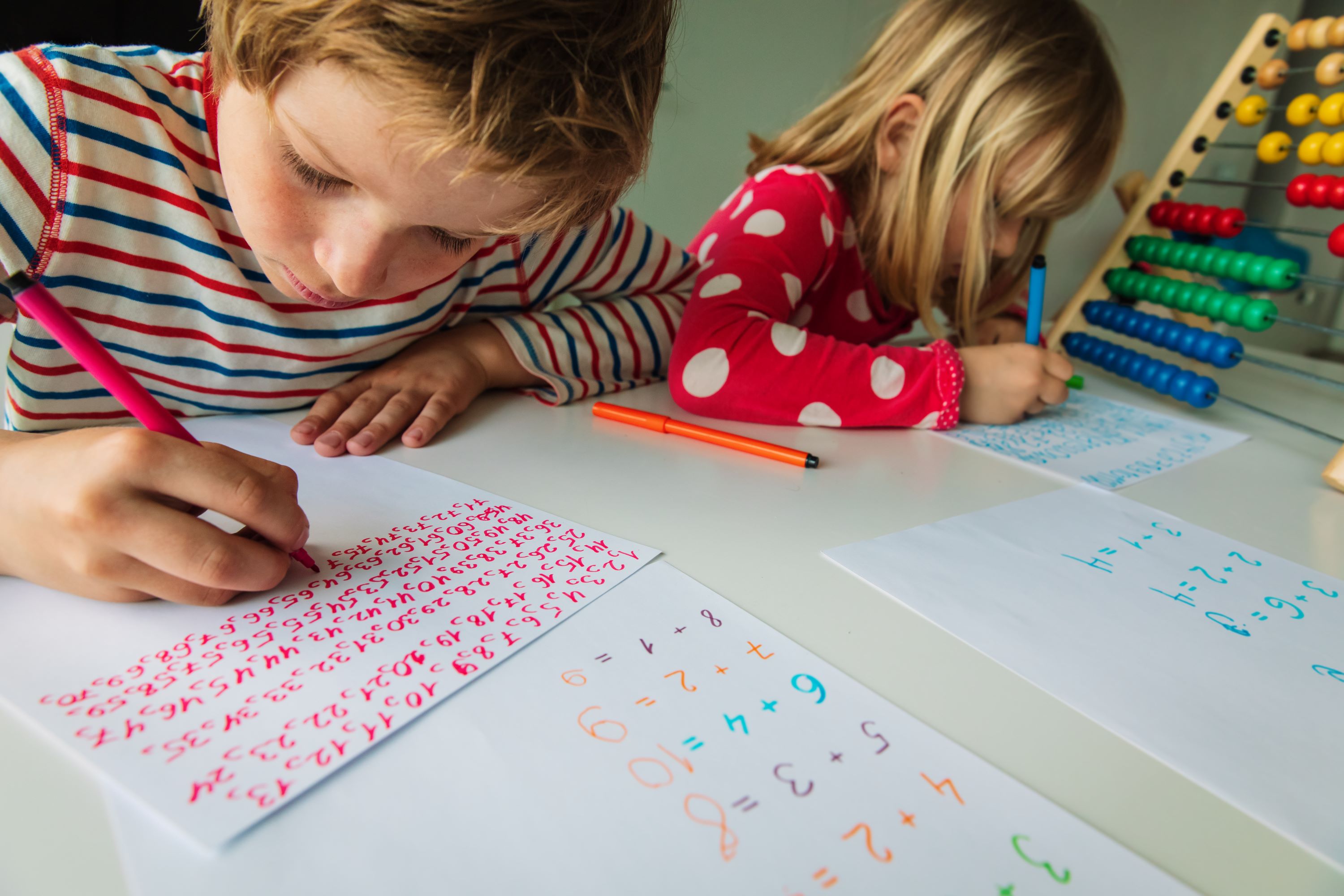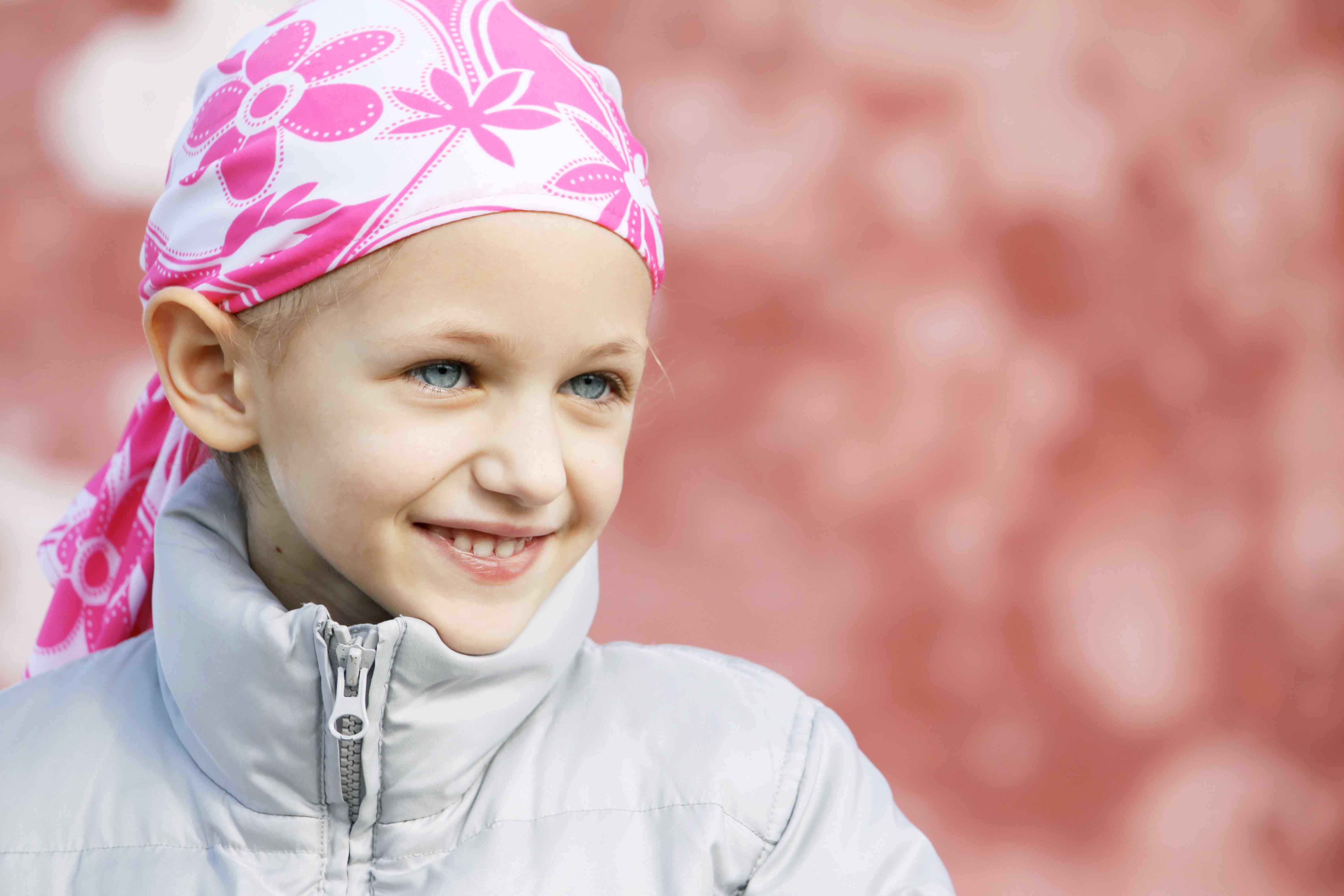Programs focused on parents are insufficient to prevent childhood obesity, according to a meta-analysis
An international team has analyzed data from 17 studies in 10 countries involving more than 9,000 participants and concluded that childhood obesity prevention programs focused on mothers and fathers do not appear to have an impact on young children. According to the authors, who published their findings in The Lancet, broader, coordinated, and well-resourced public health actions are needed.
